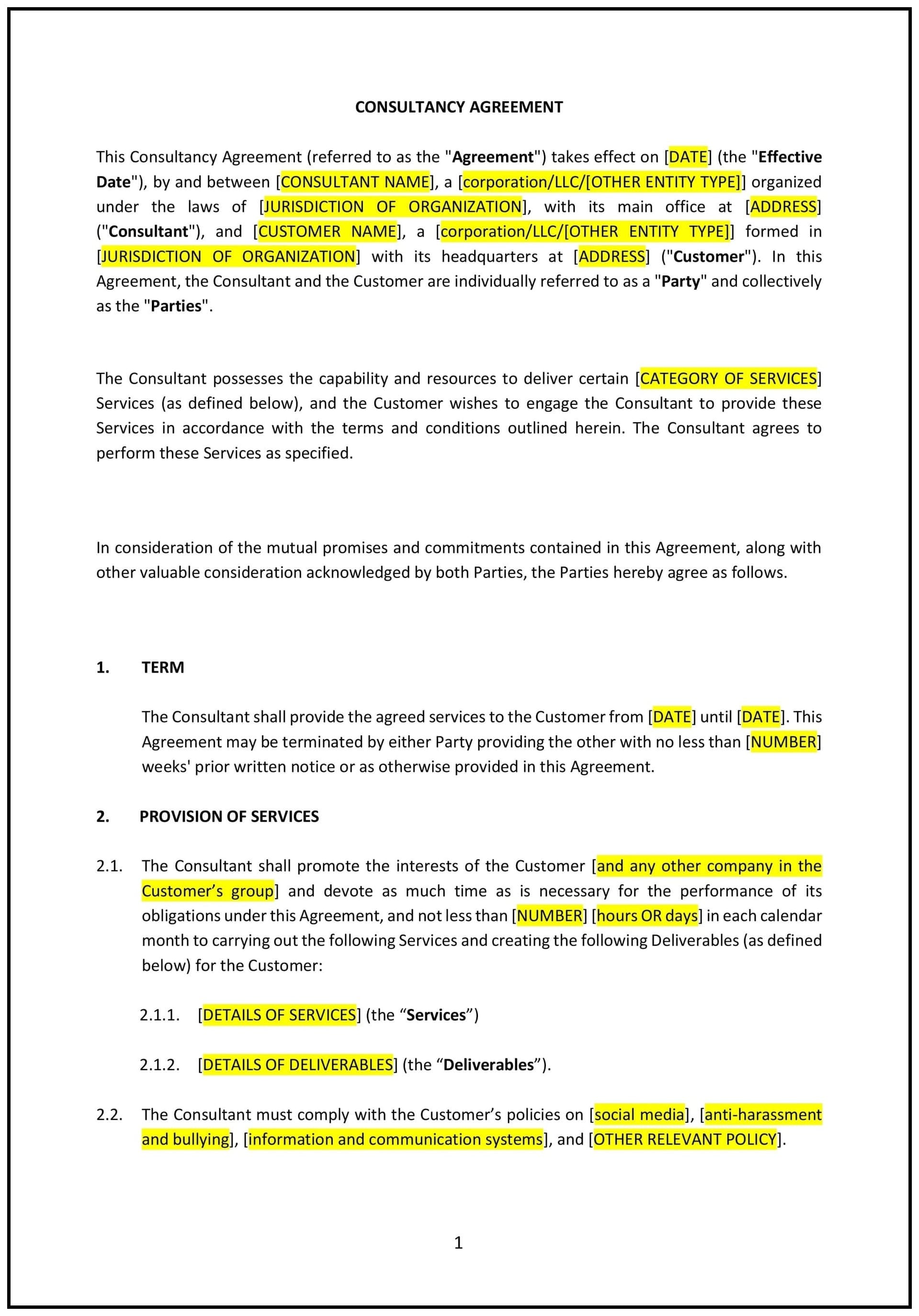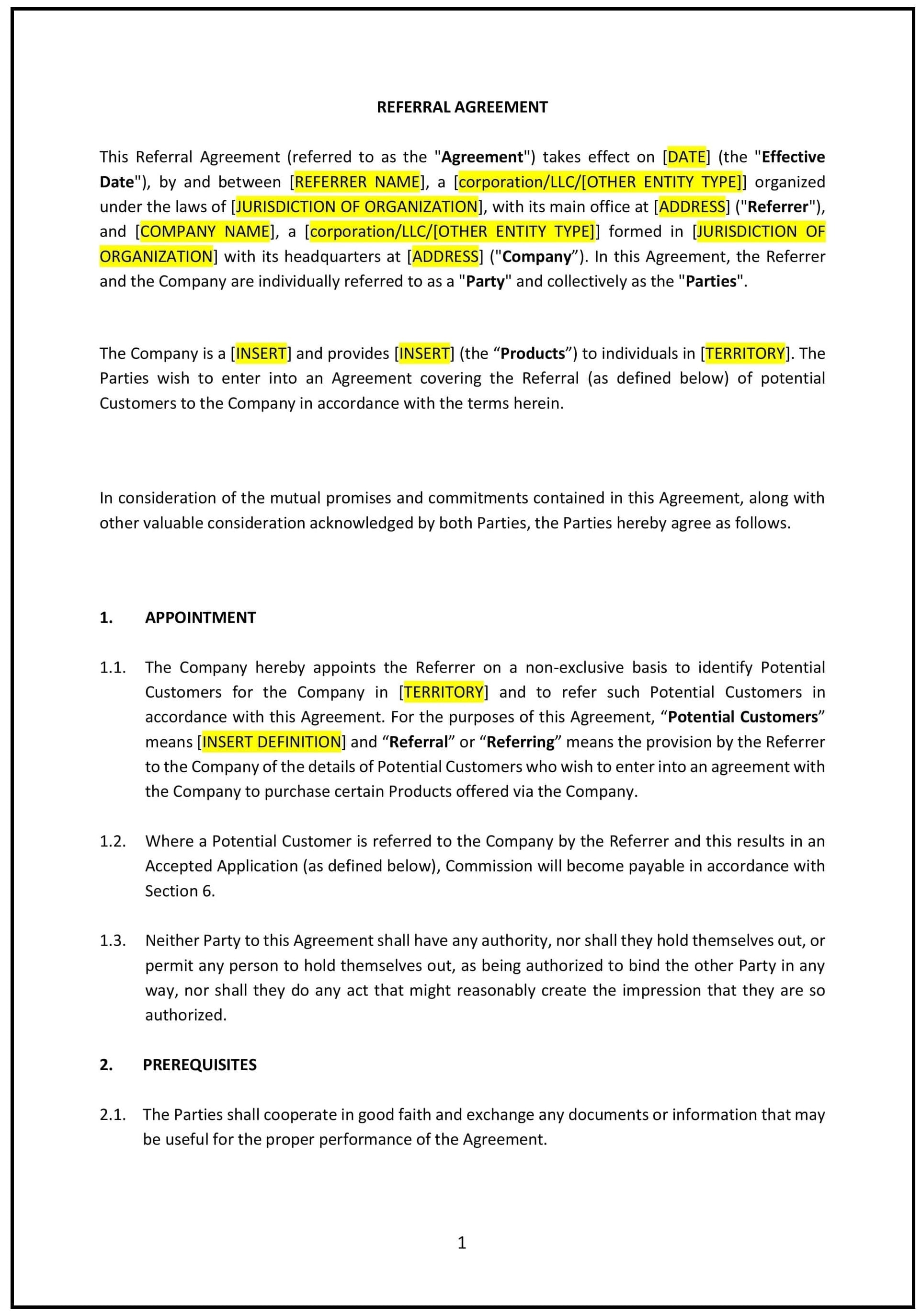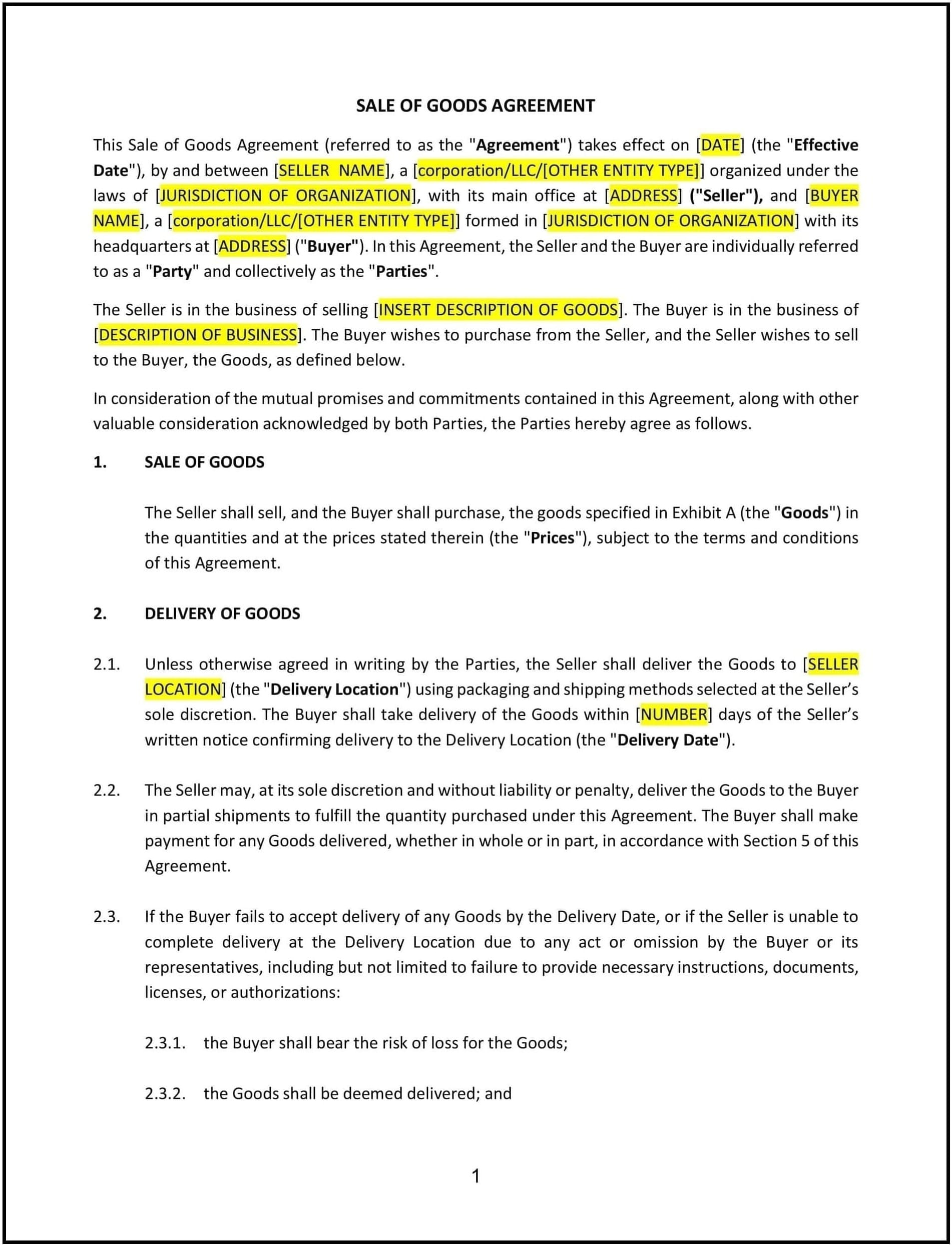Drop Shipping Agreement (Connecticut): Free template
Drop Shipping Agreement (Connecticut)
A Drop Shipping Agreement is a legal contract between a supplier (or manufacturer) and a retailer, where the supplier agrees to ship products directly to the retailer’s customers on behalf of the retailer. In Connecticut, this agreement must comply with state laws regarding contracts, consumer protection, and business transactions. A well-drafted agreement ensures clarity, minimizes disputes, and protects both parties' interests.
For example, an online retailer in Hartford might partner with a supplier in New Haven to fulfill customer orders without holding inventory. A clear Drop Shipping Agreement specifies responsibilities, payment terms, shipping procedures, and other critical details.
Tips for drafting and maintaining a Drop Shipping Agreement in Connecticut
- Identify the parties: Clearly specify the names, contact information, and roles of both the supplier and the retailer.
- Example: “This Drop Shipping Agreement is entered into by [Supplier Name], located at [Address], and [Retailer Name], located at [Address].”
- Define the products: List the specific products or categories of goods covered under the agreement.
- Example: “The supplier agrees to provide the following products for drop shipping: [List of Products].”
- Specify pricing and payment terms: Outline how the retailer will pay the supplier, including pricing, discounts, and payment deadlines.
- Example: “The retailer shall pay the supplier within [Number] days of receiving an invoice at the agreed-upon wholesale price plus applicable taxes.”
- Address shipping and delivery terms: Detail shipping methods, delivery timelines, and who bears responsibility for shipping costs and delays.
- Example: “The supplier shall ship all orders within [Number] business days of receiving the order from the retailer. Shipping costs shall be borne by [Party Responsible].”
- Include returns and refunds: Address how returns, refunds, and defective items will be handled.
- Example: “The supplier agrees to accept returns of defective products and issue refunds or replacements within [Number] days of receiving the returned item.”
- Define liability and indemnification: Clarify each party’s liability in case of errors, damages, or customer complaints.
- Example: “The supplier shall indemnify the retailer against any claims arising from defective products or shipping errors caused by the supplier.”
- Add a confidentiality clause: Protect sensitive business information shared between the parties.
- Example: “Both parties agree to keep all proprietary and confidential information disclosed during the term of this agreement strictly confidential.”
- Include a termination clause: Specify conditions under which the agreement can be terminated by either party.
- Example: “This agreement may be terminated by either party with [Number] days’ written notice or immediately in the event of a material breach by the other party.”
- Outline governing law and jurisdiction: Ensure the agreement specifies that it is governed by Connecticut law and identifies the appropriate courts for dispute resolution.
- Example: “This agreement is governed by the laws of the State of Connecticut. Any disputes arising under this agreement shall be resolved in the courts of [County], Connecticut.”
- Include signatures: Both parties must sign and date the agreement to make it legally binding.
- Example: “IN WITNESS WHEREOF, the parties have executed this Drop Shipping Agreement as of the date first written above.”
Frequently asked questions (FAQs)
Q: Does Connecticut recognize Drop Shipping Agreements as enforceable contracts?
A: Yes, Drop Shipping Agreements are enforceable contracts in Connecticut, provided they meet the basic requirements of a valid contract, such as mutual consent, offer, acceptance, and consideration.
Q: What happens if the supplier fails to ship products on time in Connecticut?
A: If the supplier breaches the agreement by failing to ship products on time, the retailer may pursue remedies such as refunds, compensation for losses, or termination of the agreement.
Q: Are there specific laws in Connecticut governing drop shipping?
A: While Connecticut does not have specific laws exclusively for drop shipping, general contract law, consumer protection laws, and e-commerce regulations apply. Retailers and suppliers must ensure compliance with these laws.
Q: Can a Drop Shipping Agreement in Connecticut include exclusivity clauses?
A: Yes, exclusivity clauses can be included, but they must be clearly stated and mutually agreed upon. For example, the supplier may agree not to work with competing retailers in a specific region.
Q: How does Connecticut’s consumer protection law affect drop shipping agreements?
A: Connecticut’s consumer protection laws require businesses to ensure transparency, fair pricing, and timely delivery of products. Both the supplier and retailer must ensure compliance to avoid penalties or legal action.
This article contains general legal information and does not contain legal advice. Cobrief is not a law firm or a substitute for an attorney or law firm. The law is complex and changes often. For legal advice, please ask a lawyer.


